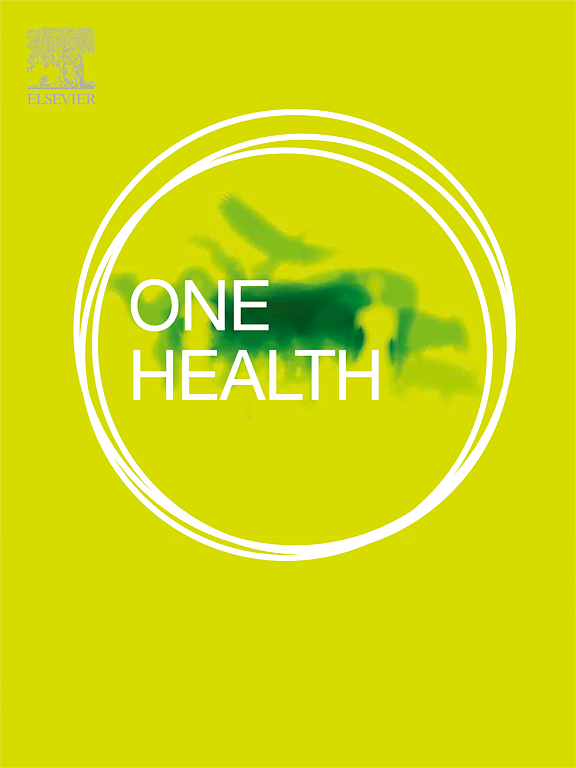Microbial biopesticides: A one health perspective on benefits and risks
IF 4.1
2区 医学
Q1 INFECTIOUS DISEASES
引用次数: 0
Abstract
Controlling insect pests that destroy crop and spread diseases will become increasingly crucial for addressing the food demands of a growing global population and the expansion of vector-borne diseases. A key challenge is the development of a balanced approach for sustainable food production and disease control in 2050 and beyond. Microbial biopesticides, derived from bacteria, viruses, fungi, protozoa, or nematodes, offer potentially significant benefits for promoting One Health and contributing to several United Nations Sustainable Development Goals (SDGs). This narrative review examines the benefits and risks of microbial biopesticides from a One Health perspective, focusing on the Americas and Europe, and aligned with respective SDGs.
The value of biopesticides in sustainable agriculture and integrated pest management (IPM) approaches for food security, particularly SDG 2 (Zero Hunger) and SDG 1 (No Poverty) has been widely recognized, with relatively fewer adverse effects to people and the environment than synthetic pesticides. With increased demand and usage, microbial biopesticides can be expected to contribute further to additional SDGs such as SDG 12 (responsible consumption and production) through waste recycling for biopesticide production and remediation of polluted ecosystems, and by reducing vector-borne disease burdens such as malaria and dengue. Nevertheless, the prudent and judicious application of microbial biopesticides is crucial to ensuring their effectiveness and maximizing their One Health benefits while minimizing pest resistance and unintended impacts. From a One Health perspective, this goal involves incorporating microbial biopesticides into a comprehensive biological control strategy within an IPM framework for sustainable agriculture and for controlling vector-borne diseases.
求助全文
约1分钟内获得全文
求助全文
来源期刊

One Health
Medicine-Infectious Diseases
CiteScore
8.10
自引率
4.00%
发文量
95
审稿时长
18 weeks
期刊介绍:
One Health - a Gold Open Access journal.
The mission of One Health is to provide a platform for rapid communication of high quality scientific knowledge on inter- and intra-species pathogen transmission, bringing together leading experts in virology, bacteriology, parasitology, mycology, vectors and vector-borne diseases, tropical health, veterinary sciences, pathology, immunology, food safety, mathematical modelling, epidemiology, public health research and emergency preparedness. As a Gold Open Access journal, a fee is payable on acceptance of the paper. Please see the Guide for Authors for more information.
Submissions to the following categories are welcome:
Virology,
Bacteriology,
Parasitology,
Mycology,
Vectors and vector-borne diseases,
Co-infections and co-morbidities,
Disease spatial surveillance,
Modelling,
Tropical Health,
Discovery,
Ecosystem Health,
Public Health.
 求助内容:
求助内容: 应助结果提醒方式:
应助结果提醒方式:


